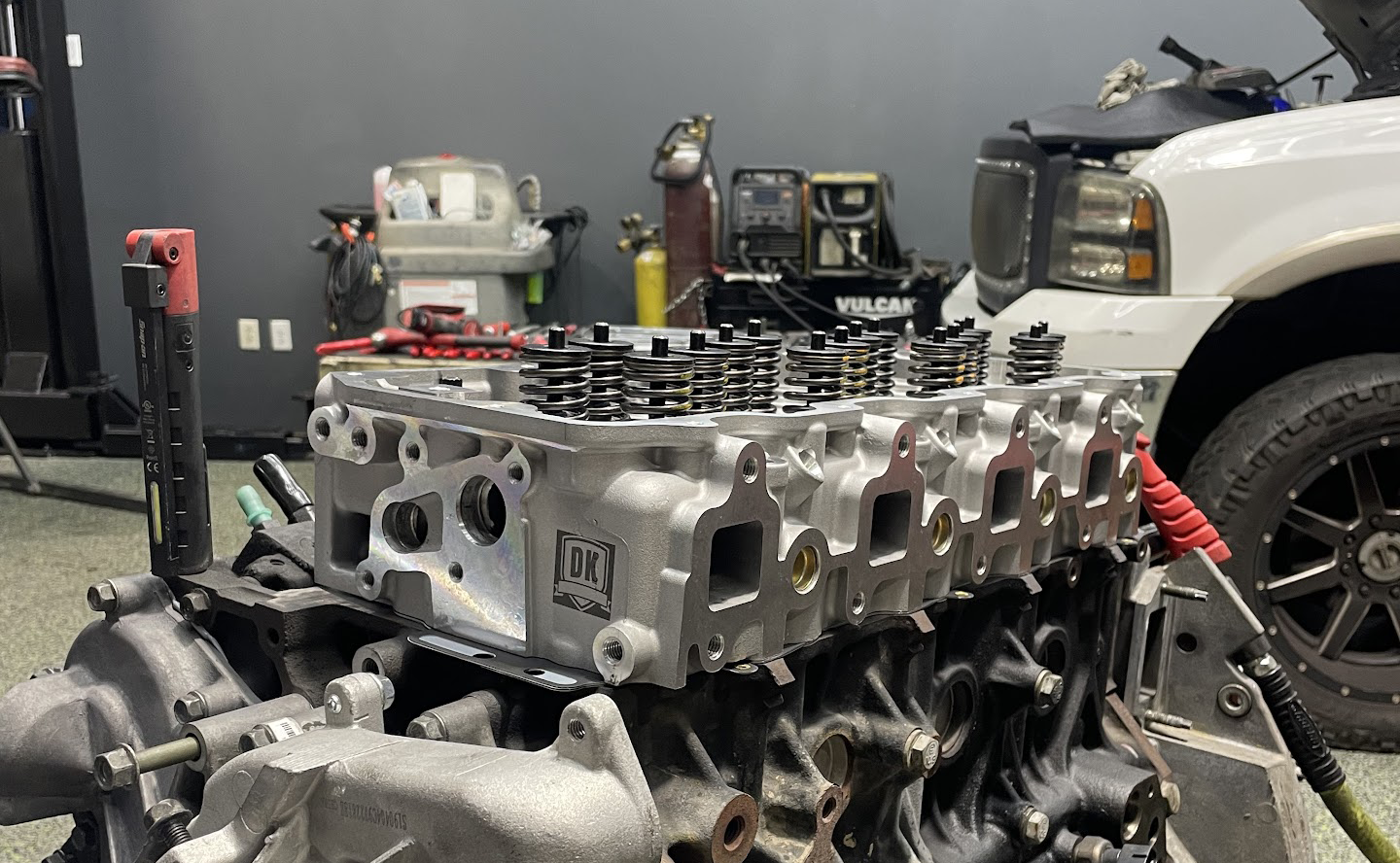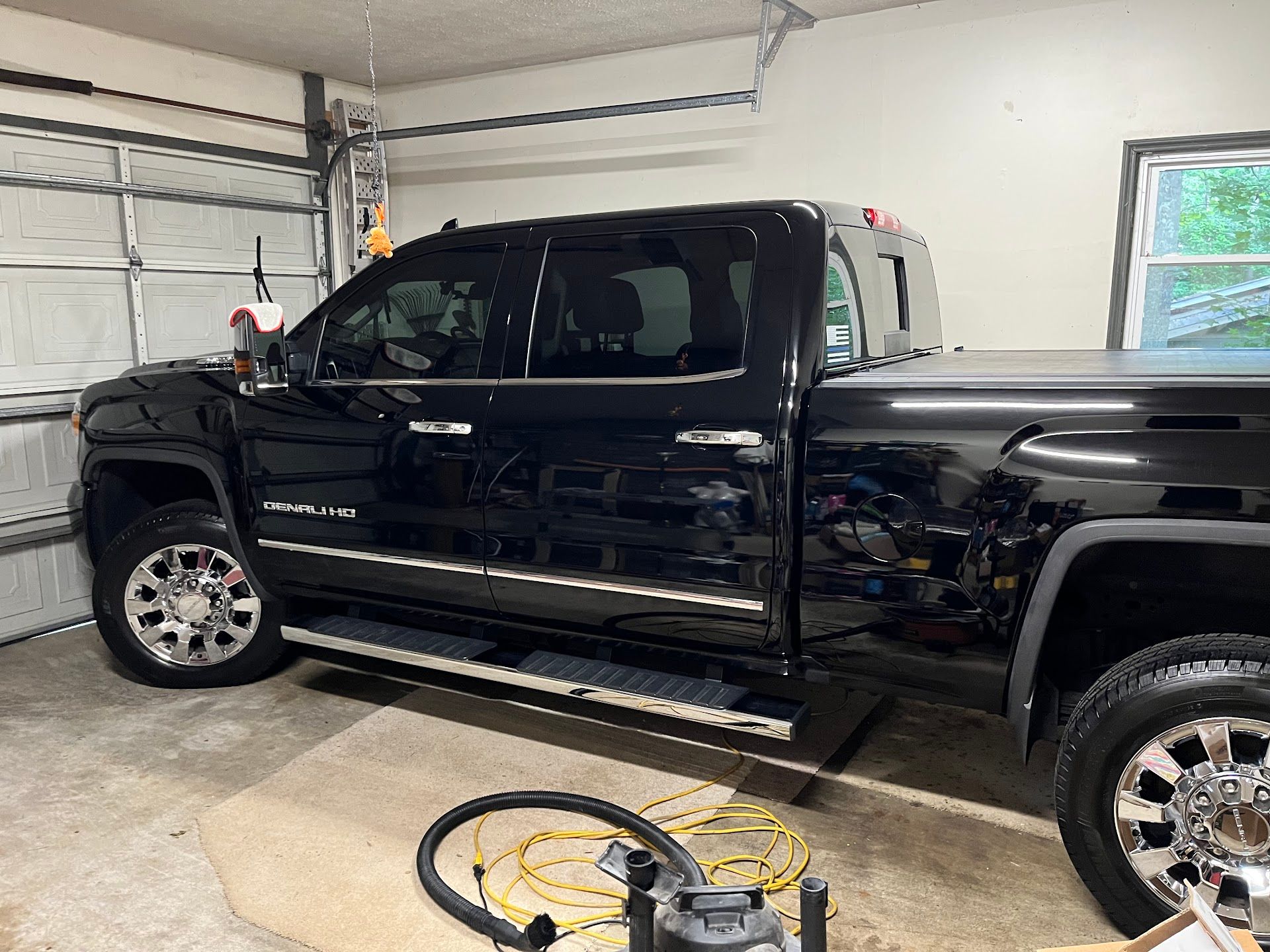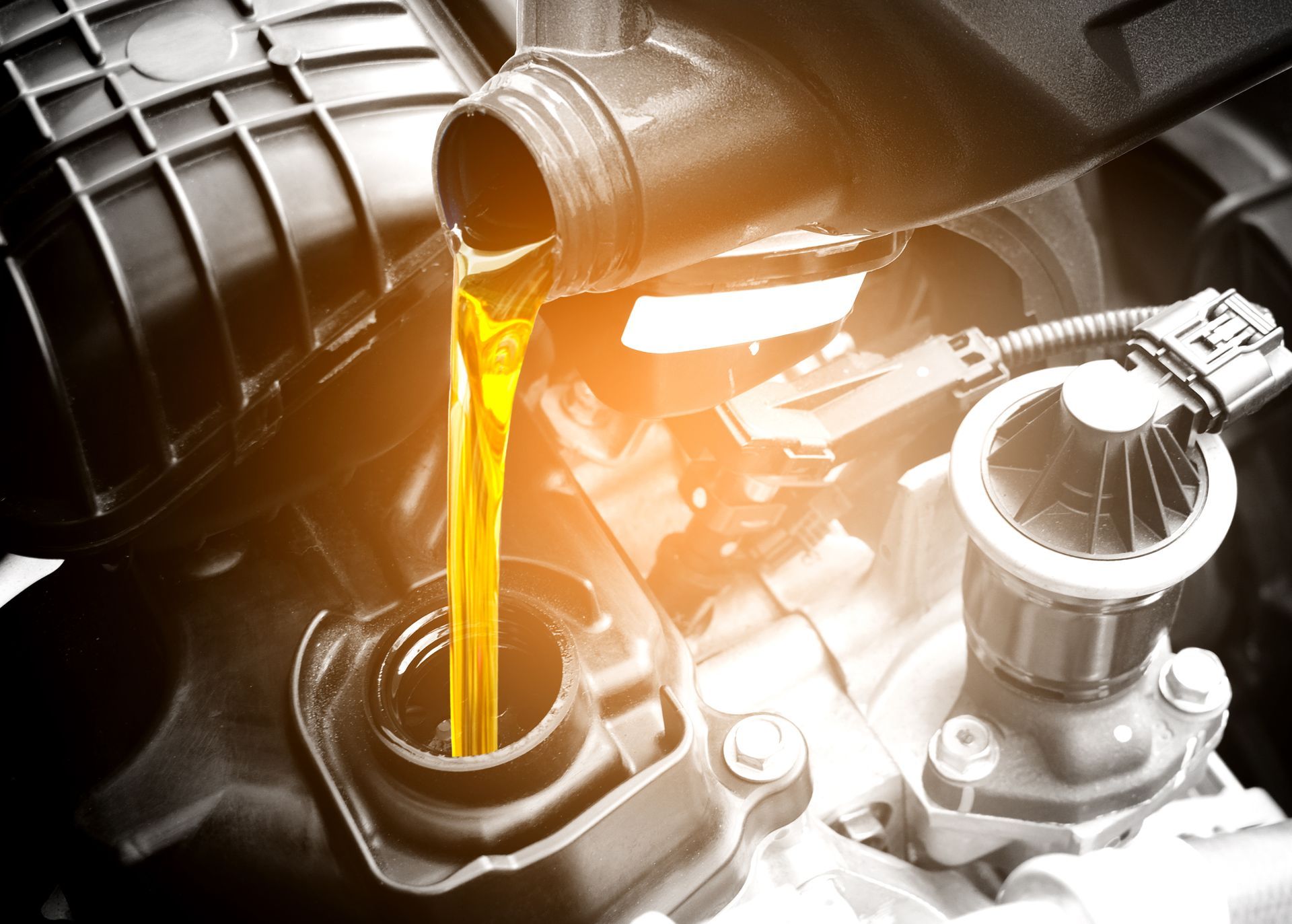The Role of the Transmission in Your Vehicle
Your vehicle's transmission might be one of the most important components you rarely think about—until something goes wrong. Whether you're driving through downtown Woodstock or heading up to the North Georgia mountains, your transmission is constantly working behind the scenes to keep your car moving smoothly and efficiently.
Understanding how your transmission works and recognizing early warning signs of problems can save you thousands of dollars in repairs and keep you from getting stranded on Highway 92 or during your commute to Atlanta.
What Does a Transmission Actually Do?
Think of your transmission as the middleman between your engine and your wheels. Your engine produces power by burning fuel, but that power needs to be controlled and directed to move your vehicle at different speeds.
Power transfer is the transmission's primary job. It takes the rotational power from your engine and transfers it to your wheels, but not directly. Without a transmission, your car would only have one speed—very fast or stopped.
Speed and torque management allows your vehicle to start from a complete stop, accelerate gradually, cruise at highway speeds, and climb hills. The transmission changes gear ratios to multiply torque when you need more pulling power or reduce it when you need higher speeds.
Direction control enables your car to go forward, reverse, and stay in park or neutral. This seems simple, but it requires complex internal mechanisms to redirect power flow safely.
Types of Transmissions
Most vehicles on Woodstock roads have one of three main transmission types:
Manual transmissions (also called stick shifts) require you to change gears yourself using a clutch pedal and gear shifter. While less common today, many sports cars and some trucks still use manual transmissions for better driver control and fuel efficiency.
Automatic transmissions handle gear changes for you using a complex system of hydraulics, gears, and computer controls. Most cars and trucks in Georgia use automatic transmissions because they're easier to drive, especially in stop-and-go traffic around Town Center at Cobb.
Continuously Variable Transmissions (CVT) don't use traditional gears at all. Instead, they use belts and pulleys to provide an infinite number of gear ratios. Many newer cars use CVTs for improved fuel economy.
Signs Your Transmission Needs Attention
Your transmission usually gives warning signs before it fails completely. Pay attention to these symptoms:
Delayed engagement happens when you shift into drive or reverse but the car doesn't move immediately. This delay can be dangerous when pulling into traffic on busy roads like Towne Lake Parkway.
Rough shifting feels like hard bumps or jerks when the transmission changes gears. Smooth shifts should be barely noticeable.
Slipping gears occur when your engine revs but your car doesn't accelerate properly, or when the transmission shifts unexpectedly. This is especially dangerous when climbing hills or merging onto I-575.
Strange noises like whining, grinding, or clunking sounds often indicate internal transmission problems. These noises might be more noticeable when the car is in park with the engine running.
Fluid leaks under your parked car could indicate transmission problems. Transmission fluid is typically red or brown and has a distinct sweet smell.
Warning lights on your dashboard, especially the check engine light, can indicate transmission-related issues that need immediate attention.
Why Transmissions Fail
Several factors can cause transmission problems, especially in Georgia's climate:
Heat damage is extremely common. Stop-and-go traffic, hot summers, and towing can cause transmission fluid to overheat and break down. This is particularly problematic during summer festivals at Elm Street Cultural Arts Village when parking and traffic get congested.
Poor maintenance is the leading cause of premature transmission failure. Old, dirty fluid can't properly lubricate and cool internal components.
Driving habits like hard acceleration, sudden stops, and riding the brakes can stress transmission components unnecessarily.
Contamination occurs when water, dirt, or other substances get into the transmission fluid, causing internal damage.
Transmission Maintenance Tips
Proper maintenance can extend your transmission's life significantly:
Check fluid levels regularly. Transmission fluid should be bright red and smell sweet. Dark, burnt-smelling fluid needs immediate attention.
Follow service intervals recommended in your owner's manual. Most manufacturers suggest transmission service every 30,000-60,000 miles, but severe driving conditions (like hot Georgia summers) may require more frequent service.
Warm up your vehicle before driving, especially in winter. Cold transmission fluid doesn't flow properly and can cause unnecessary wear.
Avoid aggressive driving when possible. Smooth acceleration and gentle braking reduce transmission stress.
Address problems early. Small transmission issues are much cheaper to fix than complete rebuilds or replacements.
When Professional Service Is Essential
Some transmission problems require immediate professional attention:
- Any fluid leaks should be diagnosed quickly to prevent expensive damage
- Warning lights need proper diagnostic equipment to identify the root cause
- Shifting problems can worsen rapidly and leave you stranded
- Strange noises often indicate internal damage that requires expert evaluation
Modern transmissions are incredibly complex, with computer controls, hydraulic systems, and precise mechanical components. Attempting DIY repairs usually makes problems worse and more expensive to fix properly.
Protecting Your Investment
A transmission replacement can cost $3,000-$5,000 or more, making it one of the most expensive automotive repairs. However, proper maintenance and early problem detection can help your transmission last 150,000 miles or more.
Regular transmission service includes fluid and filter changes, system inspections, and computer diagnostics to catch problems before they become major failures.
Expert Transmission Care in Woodstock
Don't ignore transmission warning signs or skip regular maintenance. Whether you drive a diesel truck or a gasoline car, the ASE-certified technicians at Diesel David Inc have the experience and diagnostic tools to keep your transmission running smoothly.
We provide comprehensive transmission services, from routine maintenance to complex repairs, all backed by our 2-year/24,000-mile warranty. Our team understands how important reliable transportation is for Woodstock residents, whether you're commuting to work or exploring North Georgia.
Protect your transmission investment. Call Diesel David Inc at (770) 874-5094 or book your transmission service appointment online today. We'll help keep your vehicle shifting smoothly for years to come.









